Canned tomato paste is filled with sodium and many other minerals good for human body. One of the foods that we always eat it with tomato paste is spaghetti there is no delicious spaghetti without you put some tomato paste in it for its recipe. The best way to store any extra tomato puree.
Using a tablespoon, make small balls with the remaining tomato puree. Place dollop-sized portions of tomato puree in a dish or shallow container using a measuring spoon. Freeze the chunks of tomato puree until solid. Place in a bag or container for long-term storage in the freezer. Wrap the entire can in plastic wrap and freeze overnight.
The next day, use the metal end to push the frozen pasta out of the open end. Throw out the can, rewrap the unused portion tightly and store in the freezer for up to 3 months, cutting as much as you need each time you cook.
Does tomato puree go bad in a tube? – Tomato paste in a tube follows the same pattern as cans or jars. Unopened, it will stay fresh for about six months after the “best before” date, as long as it is stored in a cool place away from heat sources.
Once opened, pasta in a tube will last about 45 days in the fridge when the top is popped back on. It makes it easy to use what you need without wasting the rest. Every single product we have is selected and rated in an unbiased manner by our editorial team. If you make a purchase through the links included, we may earn a commission.
For years, when I bought tomato paste, I bought the cheap little box at the grocery store, used about a tablespoon of the product, and then put it on the shelf next to the refrigerator in the box with a little foil wrapped over it ago. , or I might have put it in a ziplock bag if I really thought about it.
After making mouth-watering pasta sauce, I often lost track of the fact that I even bought tomato puree. When I went to use the box again, I found that a set of mold had formed on it.
Although it was frustrating to spend money on a product that I could only use a small portion of before being forced to spend the rest, I continued to engage in this behavior pattern over and over again. Yes, you can freeze tomato puree, and sometimes I’ve been able to take the can, break it up into tablespoon balls, freeze it, and then bag those tomato puree balls for later use .
But more often than not, something would throw me off the process, or I wouldn’t use them for too long and then I’d just have to throw them on the next freezer, SEE: How to Make a Basic Pizza. Sauce Then, suddenly, since I love things that come in a squeeze tube, I bought a tube of tomato paste from Trader Joe’s instead of my usual box.
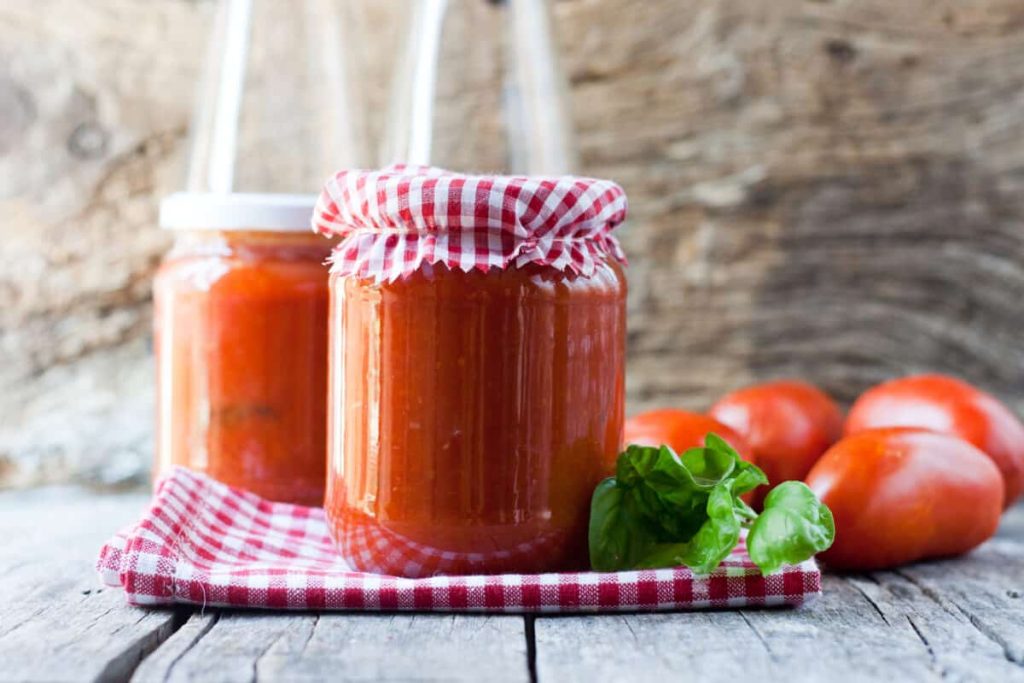
The next time I came back from my sauce vacation to use the dough again, I didn’t have to go through the whole oh-no-mold cycle because the tube allowed me to squeeze out what I needed without the rest of it is revealed. on the air.
And those cents can add up, I understand. If you’re on a budget and more conscientious about freezer storage than I am, I’m sure the boxes will do just fine.
But I’ve found that investing a little more in the tubes ensures that I don’t waste half of a perfectly good can through carelessness, and saves me money in the long run.
How to Store Tomato Paste You can use your tomato paste right away, or if you think you will be using it in the next few days, you can store it in an airtight container and put it in the fridge.
Consider freezing the puree if you need to keep it for a longer period. Preserving Homemade Pasta Sauce “You can freeze any unused sauce in an airtight container, and use it within six months for best quality,” says Birmingham. “Use within six months for best quality.”

Canned Tomato Paste Recipe
Even a canned tomato paste does have a recipe. Allow to cool completely on the counter – if some lids won’t close completely (the lids will twist and create a vacuum), refrigerate this sauce and use within 1 week or freeze for up to 3 months. Canned tomato sauce can be stored in the pantry for at least 1 year.
Tips for a Longer Shelf Life Once opened, how long does a can of tomato sauce last? The exact answer depends a lot on the storage conditions – keep open tomato sauce refrigerated and tightly sealed. To optimize the shelf life of canned or packaged tomato sauce after opening, refrigerate in a glass or plastic container.
How long does an opened canned tomato sauce last in the fridge? Tomato sauce that has been refrigerated will keep for about 5 to 7 days.
After the “use by” date is printed on the can of tomato sauce, is it still safe to eat? Yes, provided it has been stored properly, the packaging is undamaged and there are no signs of spoilage (see below) – commercially packaged tomato sauce will usually carry “Best By”, “Best If Used By”, “Best By”, or “Best By” Date, but this is not a safety date, it is the manufacturer’s estimate of how long the tomato sauce will remain at peak quality.
To further extend the shelf life of open canned tomato sauce, freeze it: To freeze tomato sauce, place in covered airtight containers or in tight freezer bags.
How long does canned tomato sauce last in the freezer? When stored properly, it will keep its best quality for about 3 months, but will remain safe after that time. The freezing period listed is for the highest quality only – tomato sauce kept frozen continuously at 0°F will remain intact indefinitely.
How long does tomato sauce last after freezing and thawing? If the tomato sauce is frozen and then thawed in the refrigerator, it can be stored there for another three or four days before use; however, tomato sauce that has been thawed in the microwave or by placing it in cold water should be used immediately after thawing.
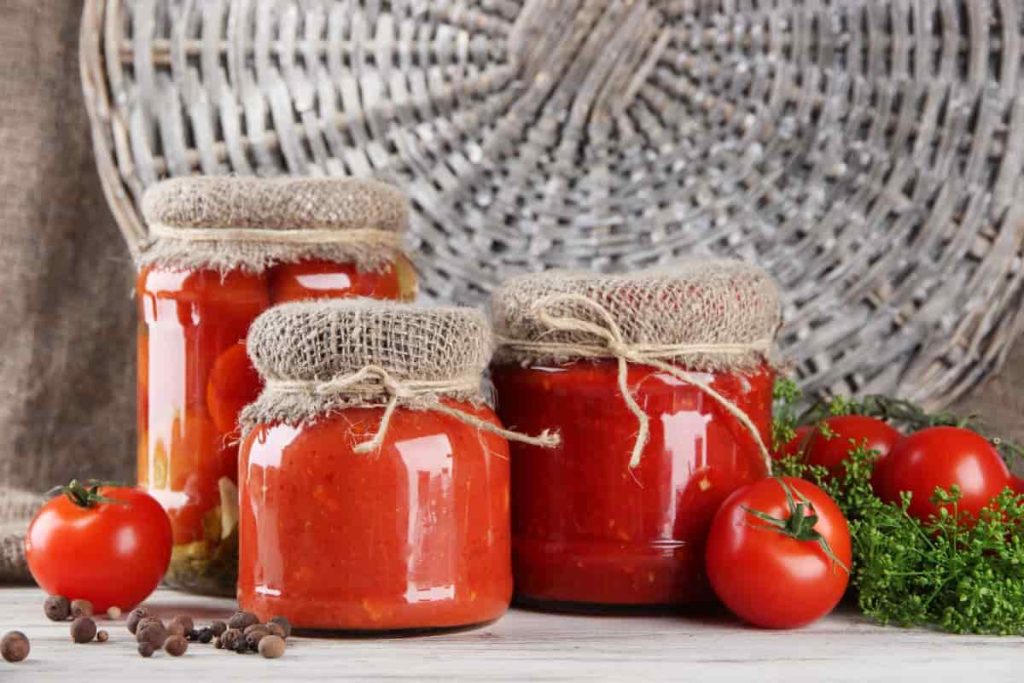
How can you tell if tomato sauce opened from a can has gone bad or gone bad? The best way to smell and look at the tomato sauce is: if the tomato sauce develops an unpleasant smell, taste or appearance, or if mold is visible, you should throw it away. Tomato pure shelf life – this tomato pure contains no preservatives as it is produced without them. So the shelf life is about 12 to 15 days in the fridge and 3 to 4 months in the freezer.
If you have a large number of tomatoes and are wondering what to do with them, peel them and freeze the mixture in ice cube trays. Add the frozen tomato puree cubes to any dish where tomatoes are a key ingredient – pasta, sauces and more.
Since tomatoes are available all year round in India, where I live, I only make tomato puree occasionally. I have prepared tomato puree very few times. However, the circumstances we are in now force me to do things I have never done before.
For example, I started freezing fruits, vegetables and even herbs. This is just one example among many. I’m a big fan of good, whole, peeled canned tomatoes. They are as close to fresh summer tomatoes as you can get out of season.
And I don’t mean diced, crumbled, or chopped … because they all usually have certain additives that help the pieces “keep their shape”. These additives also change the flavor and prevent the tomatoes from falling apart when cooked (NOT good!).
However, the whole, peeled ones are minimally processed and are so close to fresh that I’ve even used them in salads. I recently discovered huge boxes of wonderful whole, peeled tomatoes at my local Costco. And the price was shockingly good.
The problem, of course, is that these cans hold 100 oz. Now, I don’t know about you, but I rarely need a lot of canned tomatoes at once.
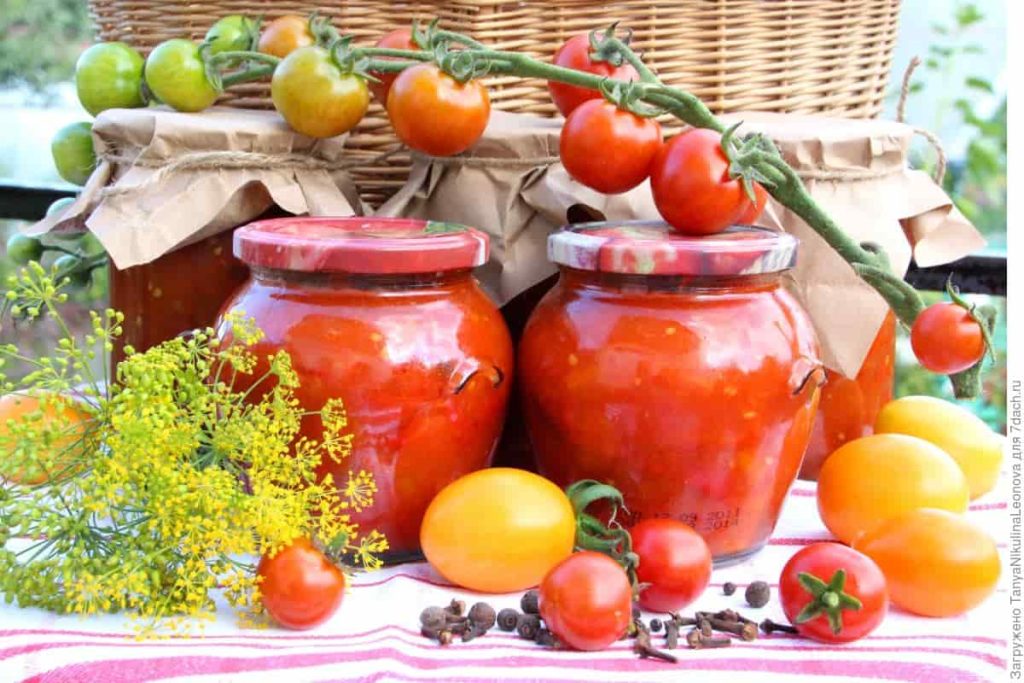
Canned tomato Paste For Spaghetti
There are always special type of canned tomato paste for spaghetti. I usually need about 28 oz. But since the price was so great, I realized I had to find a way to save the rest. The solution was very easy.
After dividing up what I needed at the time, I just took the remaining canned tomatoes and ran them through my food processor in about four batches. (Trust me, the first time you overload your food processor with tomatoes, you’ll learn a very unwise lesson.) I blitzed them for about 30 seconds per batch and tossed them together in a large bowl .
I had about 4 quarts of great, fresh, raw tomato sauce. I poured this into two ziplock freezer bags, squeezed out as much air as possible, sealed the bags and put them in the freezer as evenly as possible.
(You can also do this with three or more bags, depending on how much you might be planning for the sauce.) These will freeze perfectly for at least two months, and maybe much longer. Be sure to write the date on them so you can easily find this information.
Pasta sauce, pizza sauce, tomato soup, a stew that needs a bright tomato flavor… these are some of the things that will make your frozen sauce easy. Simply thaw a bag of sauce (in a bowl) on the counter or overnight in the refrigerator and continue with your recipe.
The taste is very fresh. And it tastes even better for what you paid for! Keep extra tomato puree in the freezer to easily add tomato flavor or to enrich the overall flavor (umami) of various dishes. To freeze, pour the pasta left from the box onto a piece of plastic wrap. Fold the wrapper over the pasta and gently form into a log by rolling it on a flat surface.
Wrap plastic under the ends of the logs and freeze. To use frozen pasta, simply unwrap and cut out the desired amount.
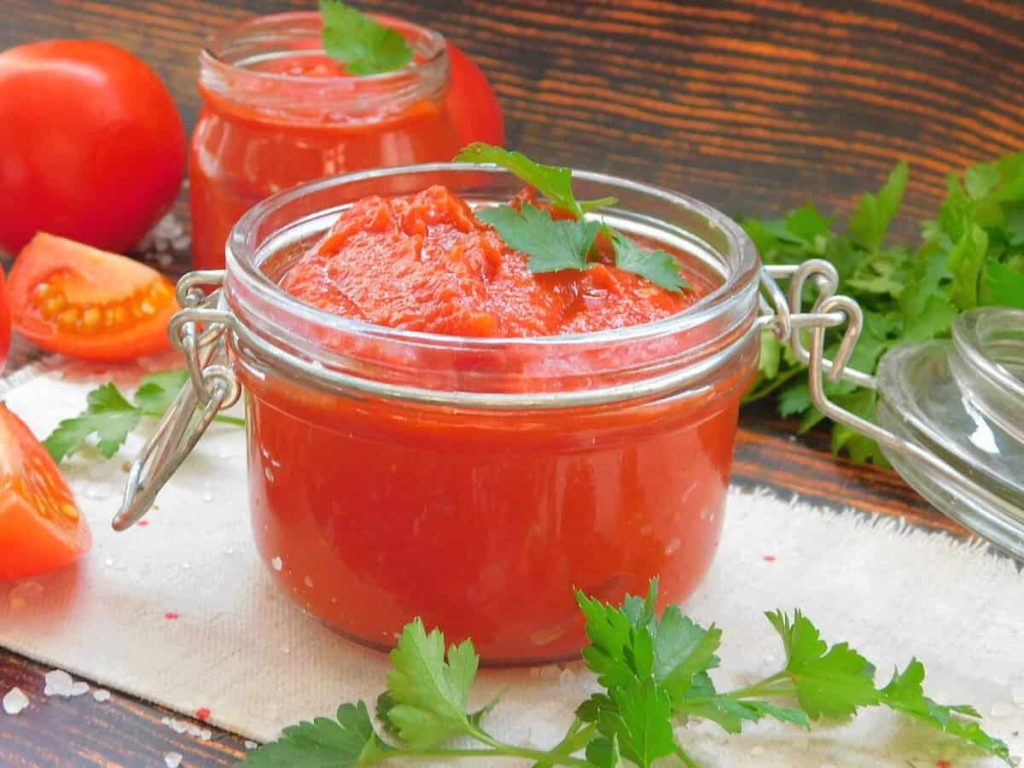
Refold the remaining pasta and return to the freezer. Stir in a tablespoon or two of tomato puree to add flavor to your favorite recipes, such as:
- Soups – chicken noodle, black bean, chili, lentil, etc
- Meatballs or meatballs
- BBQ sauce
- Vinaigrette
- Gravy and pan sauces
- Mac & Cheese
- Alfredo sauce
- Slow Cooker Stews
- Baked beans
- Rice, couscous and quinoa
- taco meat
- Red curry sauce
After making the Italian White Bean Potato and Cabbage Soup last night, I found myself with most of a can of tomato paste left over. I usually scoop the leftover pasta into a jar and then store it in the freezer until I need it again.
This time, as I was getting ready to put it away, I remembered a helpful tip my friend Donna shared last year. Line a tray with baking paper. Scoop tomato puree onto parchment paper in tablespoon-sized portions.
Place in the freezer until firm. This should take about 3 hours or overnight if you’re like me and forget it’s there. Once the tomato puree is frozen, transfer it to a freezer bag. This will keep in the freezer for at least 6 months.
You can add the frozen tomato paste directly to your recipes and it will thaw quickly and work just like fresh or canned tomato paste. Enjoy! Tomato sauce is a very important commodity in my house. In fact, it’s one of the few things two of my kids will actually eat. As a result, a lot of spaghetti is cooked in a given week.
For adequate storage, a common question is how long can we keep things around before we use them? When stored properly in a can or glass jar, tomato sauce is best for about 2 years unopened in your pantry. Once opened, it will be best for about a week in the fridge or up to 18 months in the freezer in a freezer-safe container. Tomato sauce often lasts well past its use-by date.
To maximize shelf life, these storage containers available on Amazon will work just fine.
They work great for preparing food or storing everything you need in the fridge or freezer. Tomato sauce has a preservative when it is made commercially, and this helps it last longer than many other foods.
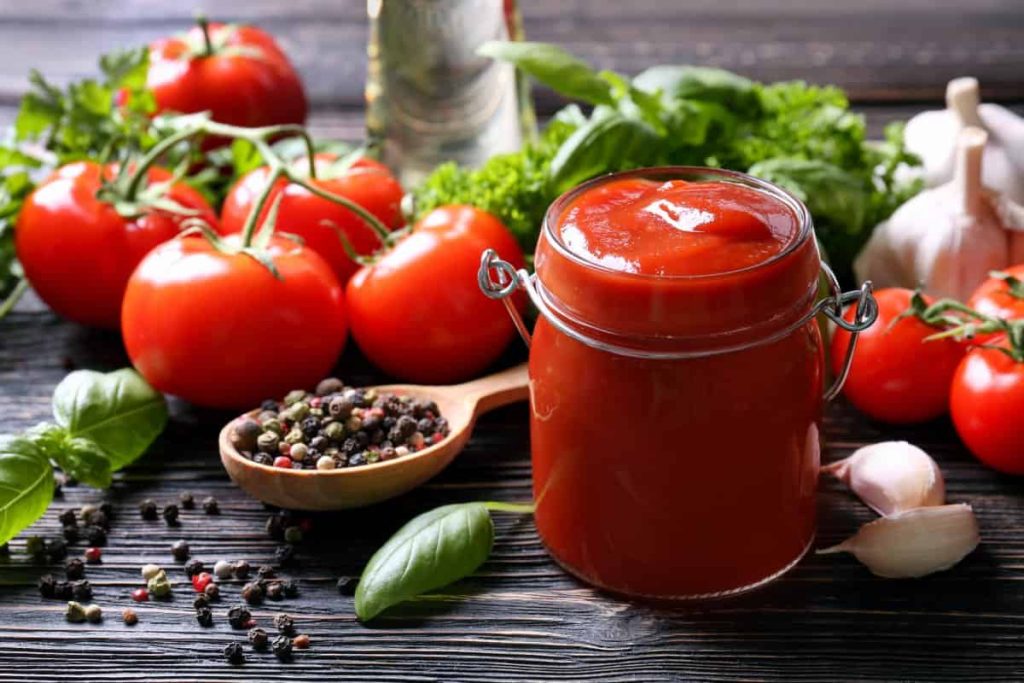


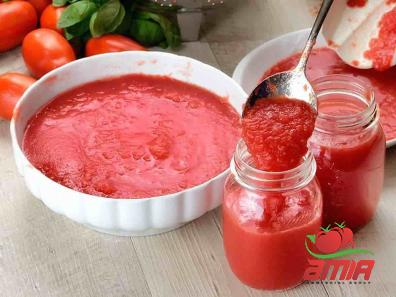
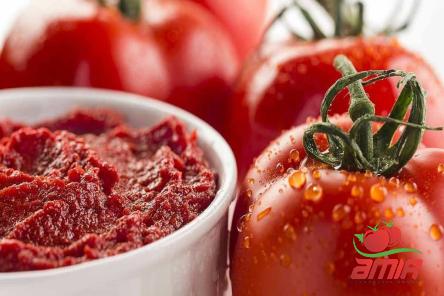

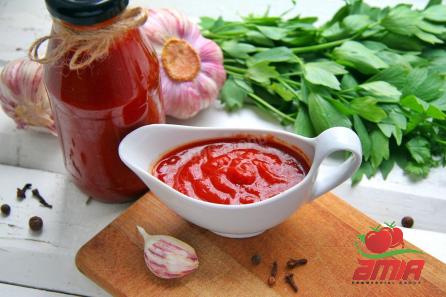

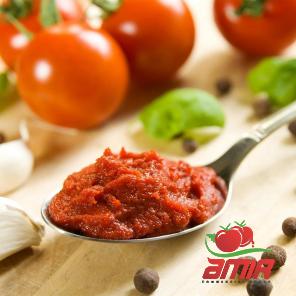

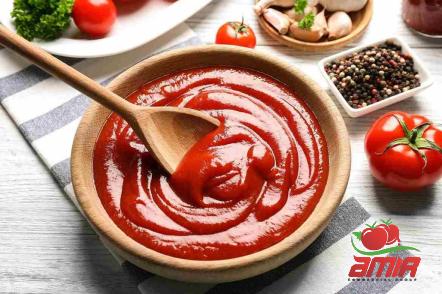
Your comment submitted.